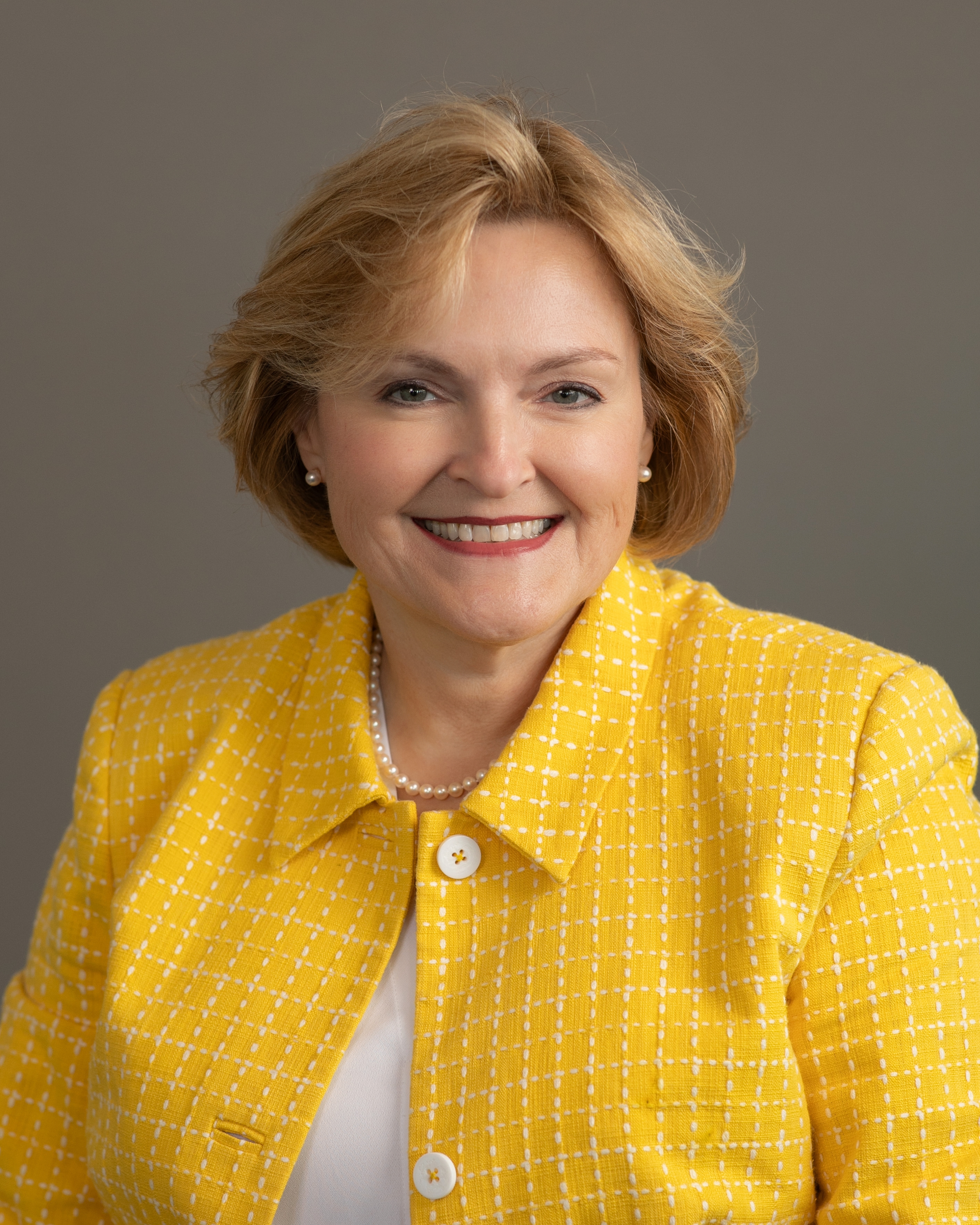We've been involved in early access from the start, since the FDA first began formalizing pathways for reviewing and approving requests for investigational drugs.

Early on, we recognized the need for experts to help patients access specialized medicines outside of clinical trials. And for 30+ years, we've been on a mission to connect patients (and physicians) with the medications that may be their only lifeline.
Meeting the challenges of patients globally
Today, there is a greater need than ever for professionals familiar with both the pharmaceutical development world and global regulations. Early Access Care has the experience you want - not to mention an unmatched commitment to helping those with rare or life-threatening conditions.

A word from our founder
Our story started close to home with George, a family friend in Canada. George knew nothing about clinical trials or regulations for treatments. Then his wife was diagnosed with stage 4 breast cancer.
Having exhausted all available therapies in Canada, their oncologist recommended an experimental treatment made in Japan. Once their request was approved by the pharmaceutical company and Health Canada, it was up to George to work through the red tape. He told me the story of how he arranged for the importation using a red-pouch special courier. This was my first experience with a patient advocate.
Several years later, at the National Institutes of Health, we had a group of patients experiencing a life-threatening refractory rhythm disorder requiring an investigational drug from the U.K. At the time, the U.S. FDA was just laying down the regulations for an intermediate Expanded Access Protocol.
It was the late 1980s and there were no guidelines for securing the authorizations required, but I didn't let that deter me. George, and his unabashed advocacy for his loved one, served as my inspiration. Our request was approved by the FDA and 18 patients benefitted.
Ever since, I've been dedicated to a singular mission. And I'm proud to say that our efforts have helped give thousands of patients a second chance at the life they deserve.
Early Access Care is great at making each site feel that they are the only participant. It’s very important to us because these people are in desperate need of help.